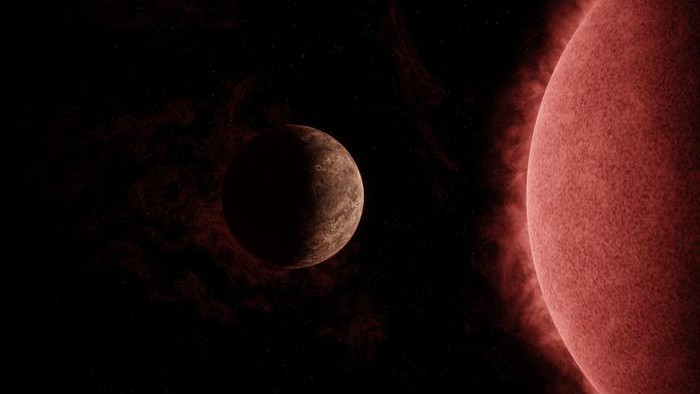Applied Sciences, Vol. 14, Pages 3732: Techniques for Enhancing Thermal Conductivity and Heat Transfer in Phase Change Materials in Hybrid Phase Change Material–Water Storage Tanks
Applied Sciences doi: 10.3390/app14093732
Authors: Dmytro Shmyhol Miroslav Rimár Marcel Fedak Tibor Krenický Martin Lopušniak Nikolas Polivka
In recent years, extensive research has been dedicated to enhancing energy efficiency and promoting environmental sustainability in heating and cooling systems. Among the promising solutions, phase change materials (PCM) technology stands out as a key area of exploration. This study focuses on improving the thermal performance of PCM–water hybrid tanks by investigating methods to enhance thermal conductivity and heat transfer. Through experimental testing using techniques such as copper matrices, steel twisted matrices, and copper spirals, this study demonstrates significant improvements in thermal conductivity, particularly with the use of copper matrices. The integration of a copper matrix placed in the PCM reservoir increased the heat transfer coefficient and thermal conductivity of the PCM, and thus, the total phase transformation time for solidification was reduced by 79.19% and for melting by 54.7%. Our experimental results demonstrate that the integration of a copper matrix can increase latent heat transfer from 55,677.6 J up to 125,274.6 J, marking a 125% enhancement over the experiment with pure PCM. Additionally, comparisons of the energy storage potentials for different PCMs underscore the benefits of integrating PCMs into hybrid storage tanks. These findings highlight the immense potential of PCM technology to increase energy storage efficiency in heating and cooling applications.

 3 weeks ago
19
3 weeks ago
19


